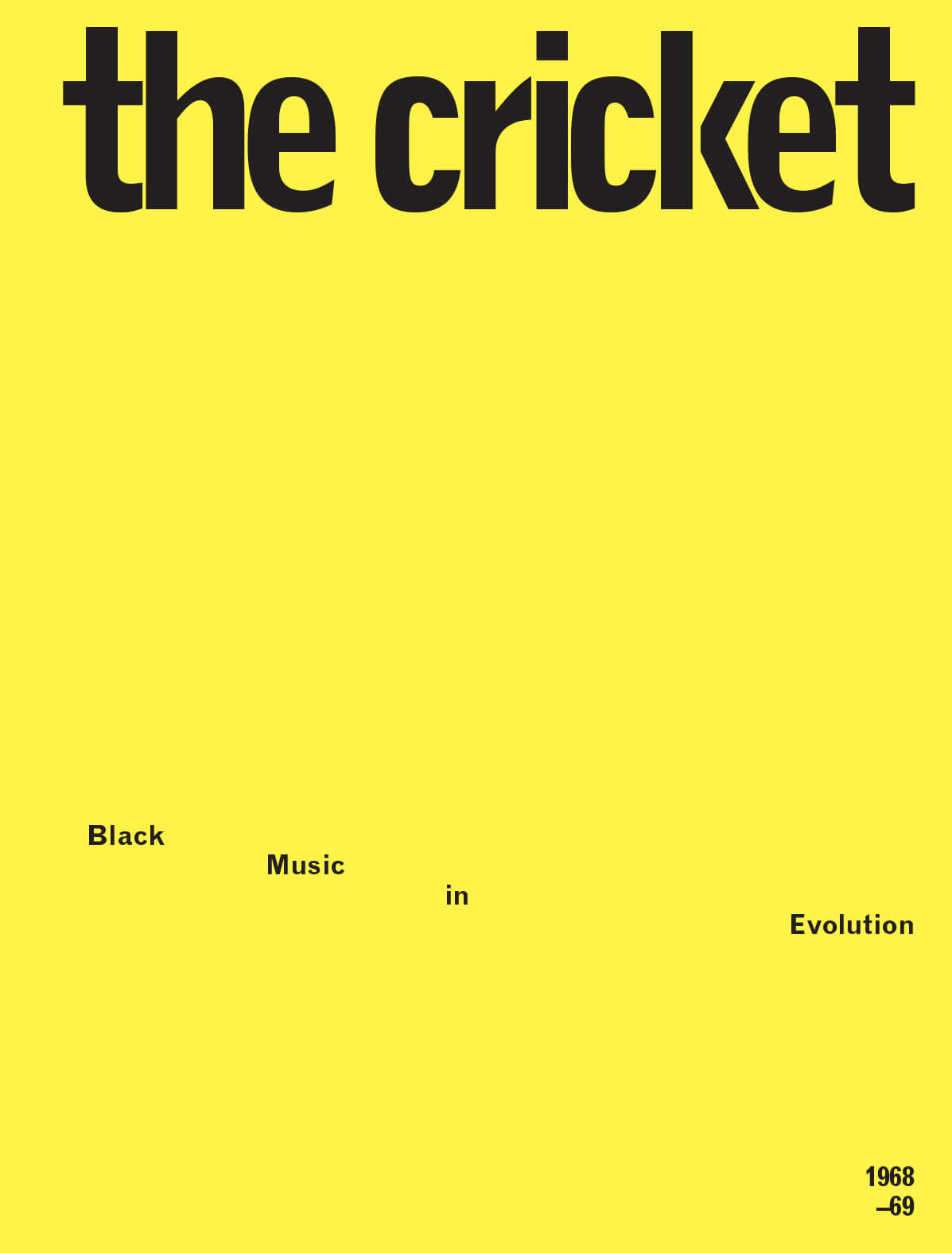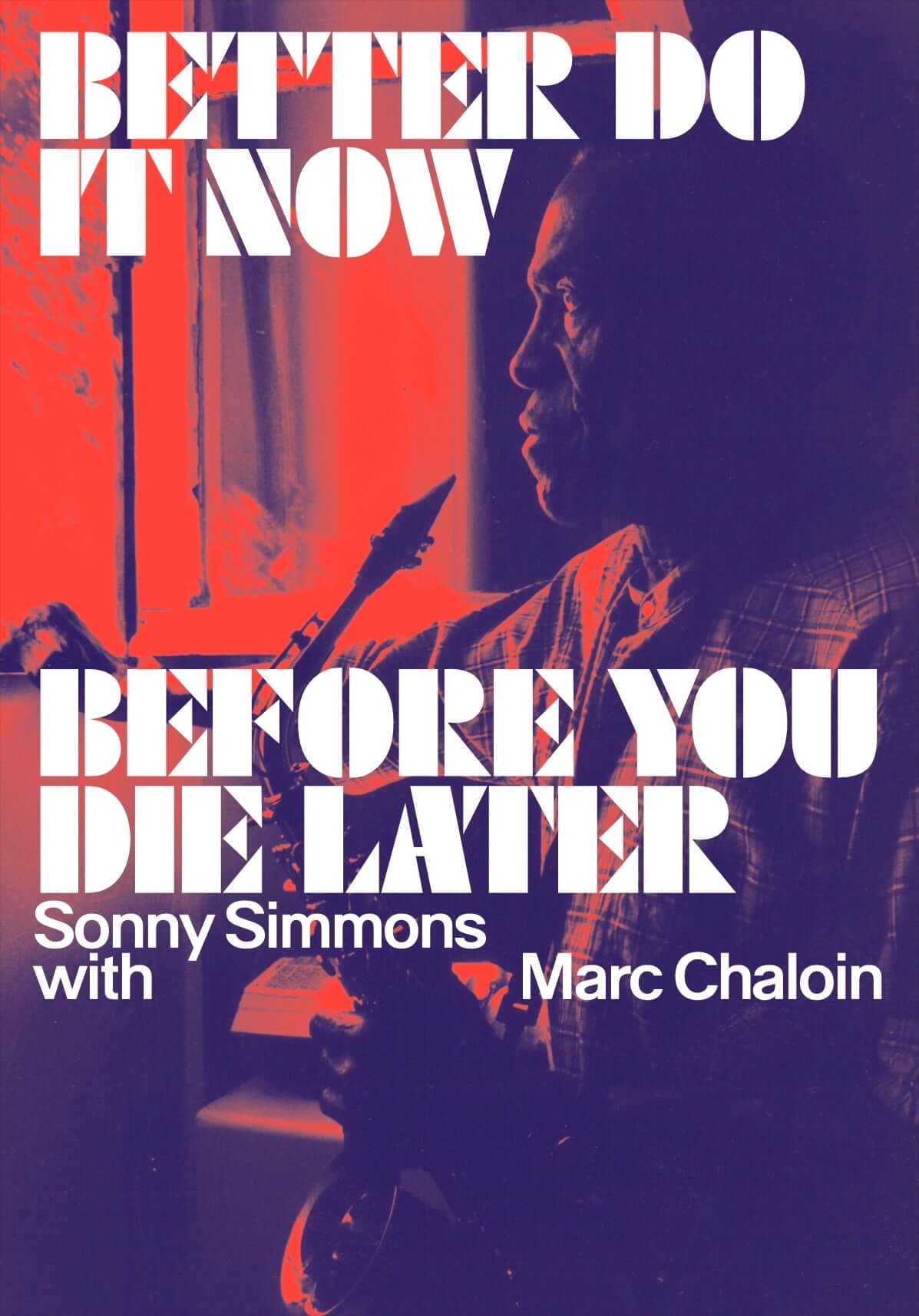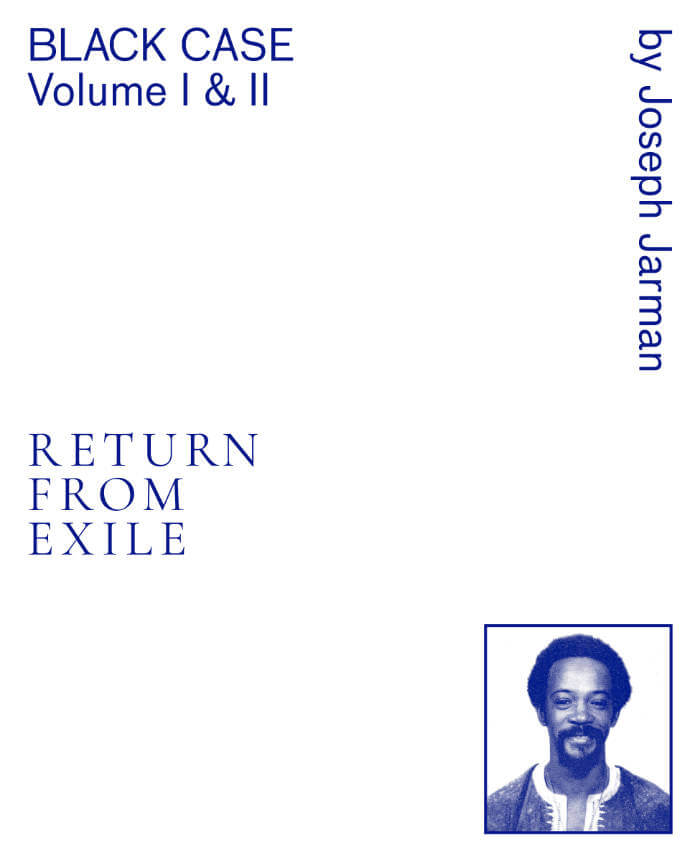
The Cricket – Black Music in Evolution, 1968-69
Larry Neal ed., A. B. Spellman ed., Amiri Baraka ed.
Complete facsimile of The Cricket, an important but underknown music magazine edited by poets and writers Amiri Baraka, A. B. Spellman, and Larry Neal in 1968–69—a rare document of the Black Arts Movement.
Published in the late 1960s by Baraka's New Jersey-based JIHAD productions around the time of the Newark Riots, The Cricket: Black Evolution in Music was an experimental music magazine running poetry, short plays, and gossip alongside concert and record reviews and essays on music and politics. Over four mimeographed issues, The Cricket laid out an anti-commercial ideology and took aim at the conservative jazz press, providing a space for critics, poets, and journalists (including Stanley Crouch, Haki Madhubuti, Ishmael Reed, Sonia Sanchez, and Keorapetse Kgositsile) and musicians (including Cecil Taylor, Milford Graves, Sun Ra, Mtume, Albert Ayler, the Black Unity Trio) to devise new styles of music writing. The publication emerged from the heart of a political movement—"a proto-ideology, akin to but younger than the Garveyite movement and the separatism of Elijah Mohammed," as Spellman write's in the books preface—and aimed to reunite advanced art with its community, "to provide Black Music with a powerful historical and critical tool," and to enable avant-garde Black musicians and writers "to finally make a way for themselves."
This publication gathers all issues of the magazine and a new substantial introduction by artist and writer Kodwo Eshun.
Preface by A. B. Spellman.
Introduction by David Grundy.
Texts by Billy Abernathy, Albert Ayler, LeRoi Jones / Imamu Ameer Baraka, Duncan Barber, Black Unity Trio, Hilary Broadus, Ben Caldwell, Stanley Crouch, Dan Dawson, Joe Goncalves, Milford Graves, Ronnie Gross, Clyde Halisi, E. Hill, Haasan Oqwiendha Fum al Hut, Norman Jordan, Larry A. Miller / Mwanafunzi Katibu, Willie Kgositsile, Don L. Lee, Mtume, Gaston Neal, Larry Neal, Ibn Pori, Sun Ra, Ishmael Reed, Roger Riggins, Sonia Sanchez, A. B. Spellman, James T. Stewart, Donald Stone, Askia Muhammad Touré.







